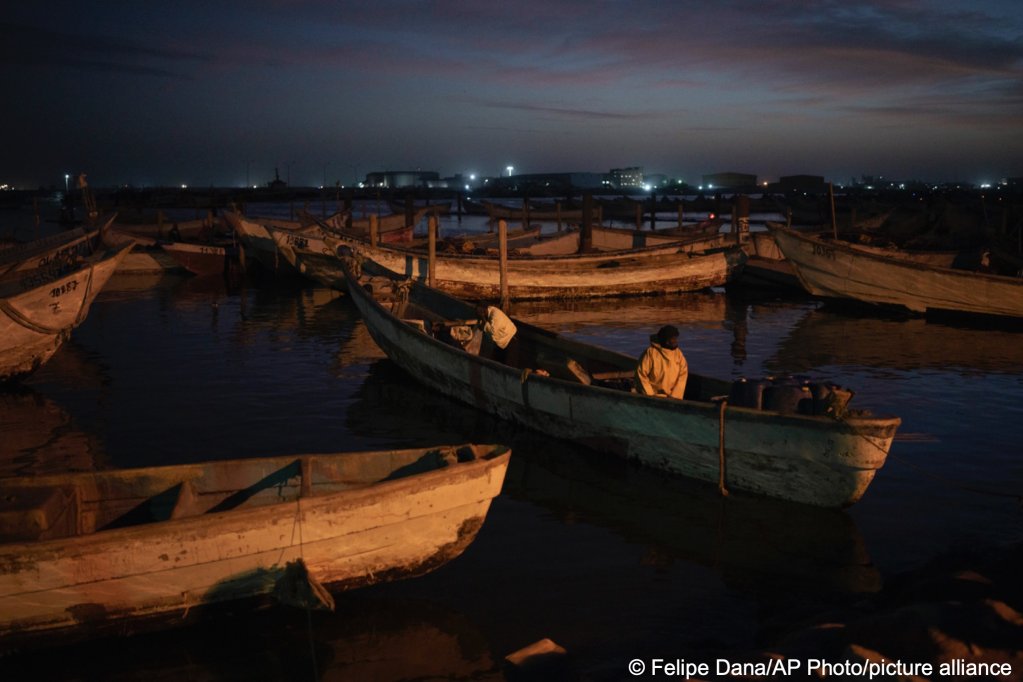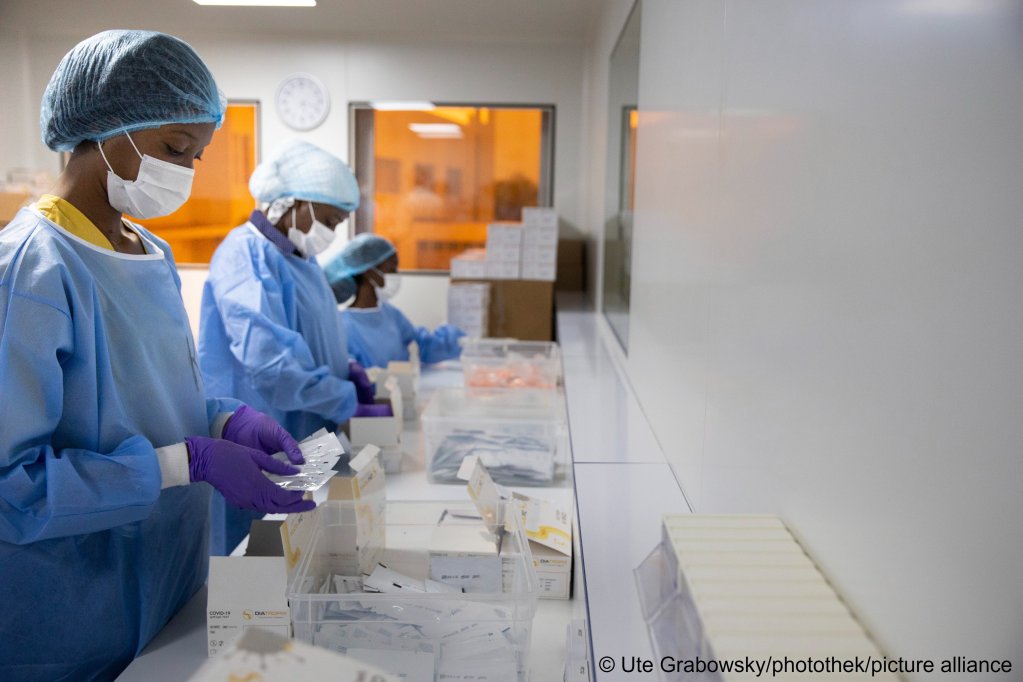The regional government of the Canary Islands has implemented a vocational training and apprenticeship program in Mauritania to create opportunities for young people and help reduce migration to Europe.
Canary Islands President Fernando Clavijo urged for stronger cooperation between the European Union and Mauritania to address migration and human trafficking, the Spanish local news outlet Canarias 7 reported on Friday (February 21).
During Clavijo's official visit last week, the regional head met Mauritanian President Mohamed Ahmed Ould, to discuss coastal surveillance and the rising irregular arrival of people along the Atlantic Route, since mid-2023. The two leaders also discussed vocational educational training (VET), known as training in specialized trade skills such as plumbing, as a key strategy in curbing irregular migration and its sometimes tragic consequences.
Last year marked the deadliest on record for people attempting to reach Spain through irregular maritime routes. According to a report by NGO Caminando Fronteras, 2024 saw a record number of 10,457 people who had died or disappeared while attempting to reach Spain via irregular maritime routes, with the Canary Islands bearing the brunt of the highest number of casualties. Caminando Fronteras gathers data from multiple sources, including unofficial testimonies, which explains why its estimate is significantly higher than the UN Migration Agency (IOM) figure. The IOM recorded just over 1,000 official deaths and disappearances, including 466 on the Western Mediterranean route and 696 on the Atlantic route to the Canary Islands.
Transit areas
Because of their geographical location, the Canary Islands and Mauritania both serve as markers on the trail for people making their way to enter Europe. The Canary Islands, a territory of Spain that juts out of the Atlantic Ocean, has long been considered a link between Africa and Europe. Meanwhile, Mauritania shares borders with countries such as Mali, Senegal, and other countries embroiled in the political instability in the Sahel region.

While much of migration in Africa occurs domestically, within borders of neighboring countries, the uncertainty in the Sahel region has pushed a movement of people farther away from Africa into Europe -- even if that move means taking a cayuco, a traditional wooden boat, towards the Canary Islands.
According to official figures from the Government of the Canary Islands, a total of 86,753 migrants have arrived in the archipelago in the last two years. Most of the canoes set sail from Mauritania, but only 6 percent of those who arrived in the Canary Islands were of Mauritanian nationality.
Read Also Canary Islands: Vocational training program launched for young migrants
Training that promotes social inclusion
The Tierra Firme VET program, an initiative of the Canary Islands regional government, is one way that countries can form collaborations for training, employment, and social inclusion. Currently, 40 young people in Mauritania are receiving training in ironwork and construction.
Apart from the training, the Tierra Firme program also includes a three-month internship in partner companies. A number of the participants and graduates of the Tierra Firme program, between the ages of 18 and 35, were reportedly offered jobs in the companies where they did their internships, allowing them to be employed in sectors such as tourism, plumbing, or agriculture. The goal is for the number of enrolled students to reach more than 400, both in Mauritania and in Senegal. The pilot phase of the Tierra Firme project was introduced in Senegal last year.

The local news publication Atalayar reported that the regional president urged other European Union states to explore collaborations that would create opportunities in countries of origin. "Nobody gets on a cayuco voluntarily and to enjoy a boat trip," said Clavijo, but rather people who decide to risk their lives at sea do so because "they are fleeing from terror and hunger."
Clavijo stressed that learning and employment opportunities provide the youth with a better alternative than taking a risk on a cayuco and making the dangerous trip to enter Europe in search of better opportunities.
While in Mauritania, Clavijo also discussed plans to visit one of the Tierra Firme’s initiatives in the Technical and Industrial Vocational Training Center in Nouakchott, capital of Mauritania.
Read AlsoRecord number of migrant deaths in 2024 as Atlantic crossings to Spain soar
Closing social inequalities
Research publications such as a 2021 study in the International Journal for Research in Vocational Education and Training (IJRVET) by researchers in Austria, Germany and Denmark show that vocational education and training (VET) in host countries can provide refugees and migrants with a pathway to employment and social inclusion. Additionally, VET programs are also key to closing social inequalities among young people who may not have the resources to pursue formal education in higher institutions.
Refugees, because of structural barriers such as language, fall into a high risk of becoming unemployed or being relegated to low-wage jobs that do not require technical skills.
However, while most refugees lack formal education beyond basic schooling, their practical work experience can be supplemented through VAT programs that provide job-relevant skills. Work-based learning through apprenticeships can also facilitate entry into the labor market and promote financial self-sufficiency.
